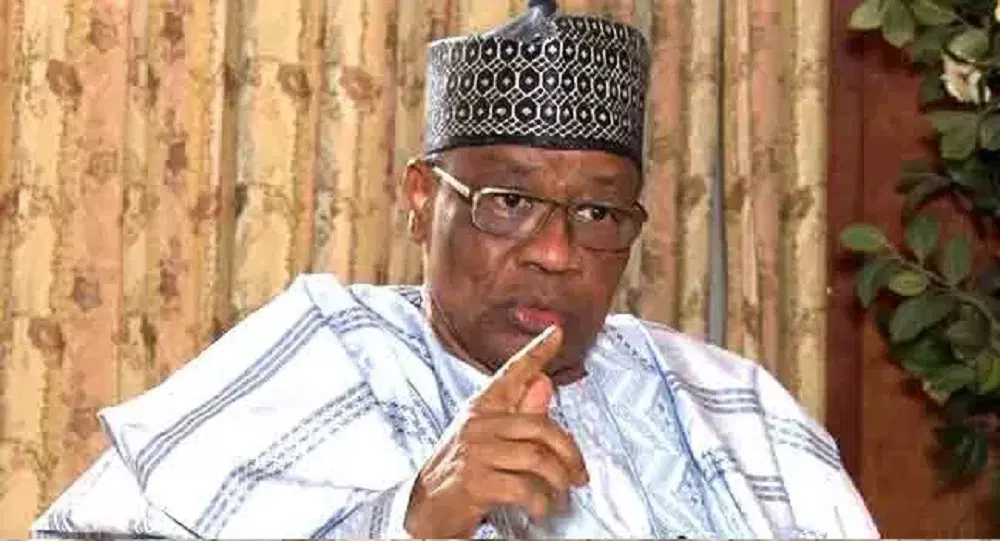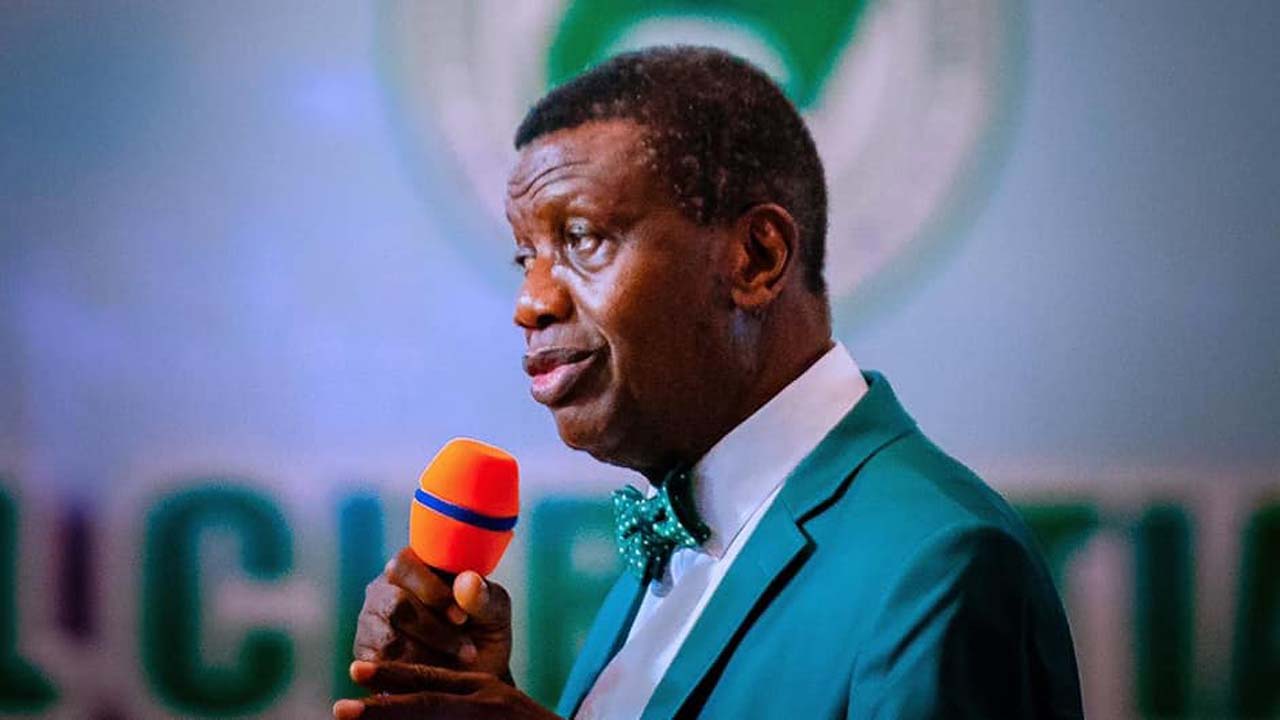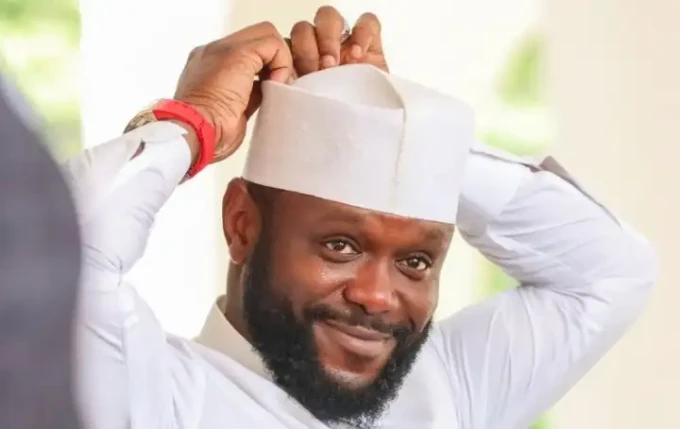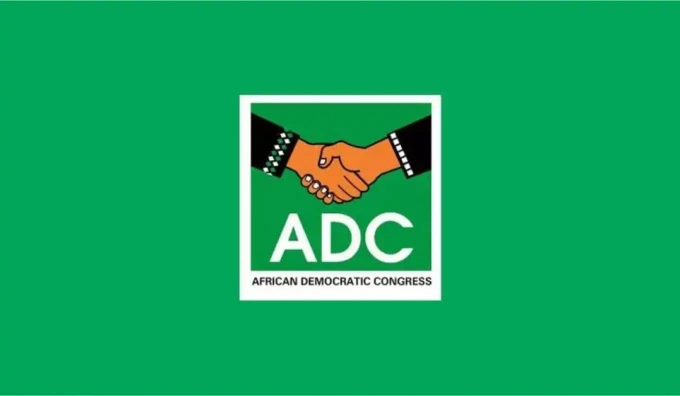The launch of General Ibrahim Babangida’s autobiography, “A Journey in Service,” and his presidential library at Transcorp Hotel, Abuja, on Saturday transformed the venue into a pilgrimage site for Nigeria’s political and business elite. President Bola Tinubu led a parade of dignitaries—including former presidents, military leaders, and industry titan Alhaji Aliko Dangote—to honor the former military president, whose hero-worshipping was on full display. The event, chaired by former President Olusegun Obasanjo, drew luminaries such as Generals Yakubu Gowon and Abdulsalam Abubakar, former President Goodluck Jonathan, and ex-Vice Presidents Atiku Abubakar, Namadi Sambo, and Yemi Osinbajo.
Political heavyweights like Peter Obi, Labour Party’s 2023 presidential candidate, and Rabiu Kwankwaso of the NNPP, alongside governors, the Secretary to the Government of the Federation, George Akume, and traditional rulers, underscored the occasion’s significance. International guests, including former Ghanaian President Nana Akufo-Addo, who delivered the keynote address, and ex-Sierra Leonean President Ernest Koroma, added a global dimension to the celebration.
The spotlight, however, shone brightest on Babangida’s reflections about the annulled June 12, 1993, presidential election—widely regarded as Nigeria’s freest and fairest. Addressing a long-standing national wound, Babangida confirmed that Chief MKO Abiola of the Social Democratic Party defeated Alhaji Bashir Tofa of the National Republican Convention but revealed he annulled the poll to avert chaos. “I was afraid the winner could be killed and the nation thrown into another avoidable civil war,” he explained. He attributed the decision to pressure from forces within his regime, notably late General Sani Abacha, his Chief of Army Staff and later Defence Minister.
Babangida accepted full responsibility as head of state and commander-in-chief, admitting the military underestimated the annulment’s fallout. “We took responsibility for whatever happened because I was in charge,” he said, acknowledging the miscalculation that plunged Nigeria into political turmoil. His candid admission reignited debates about his legacy—celebrated by attendees yet shadowed by that pivotal decision.
The event was less a literary launch and more a testament to Babangida’s enduring influence, drawing a who’s-who of Nigeria’s power circles to reflect on his tenure. As tributes flowed, the former leader’s attempt to contextualize June 12 offered closure for some and fresh questions for others, cementing his complex place in the nation’s history.











Isnt it ironic that Babangidas legacy is being celebrated while June 12 revelations are coming out? What do you think about this?
Im not convinced that celebrating Babangidas legacy is appropriate given his controversial role in Nigerian history. What do you think?
Babangidas legacy celebrated? June 12 revelations? Hmm, mixed feelings. What do you think, guys? Any strong opinions on this?
I find it interesting how Babangidas legacy is being celebrated despite the controversial June 12 revelations. What do you all think?
Do we really need to celebrate Babangidas legacy amid June 12 revelations? Lets discuss! #controversial #debate
I cant believe Babangidas legacy is being celebrated after all thats come to light. What do you all think?
Wow, I never knew Babangidas legacy could be so controversial! June 12 revelations add a whole new twist. What are your thoughts?
I cant believe the timing of this autobiography launch with the June 12 revelations! Coincidence or calculated move? What do you think?